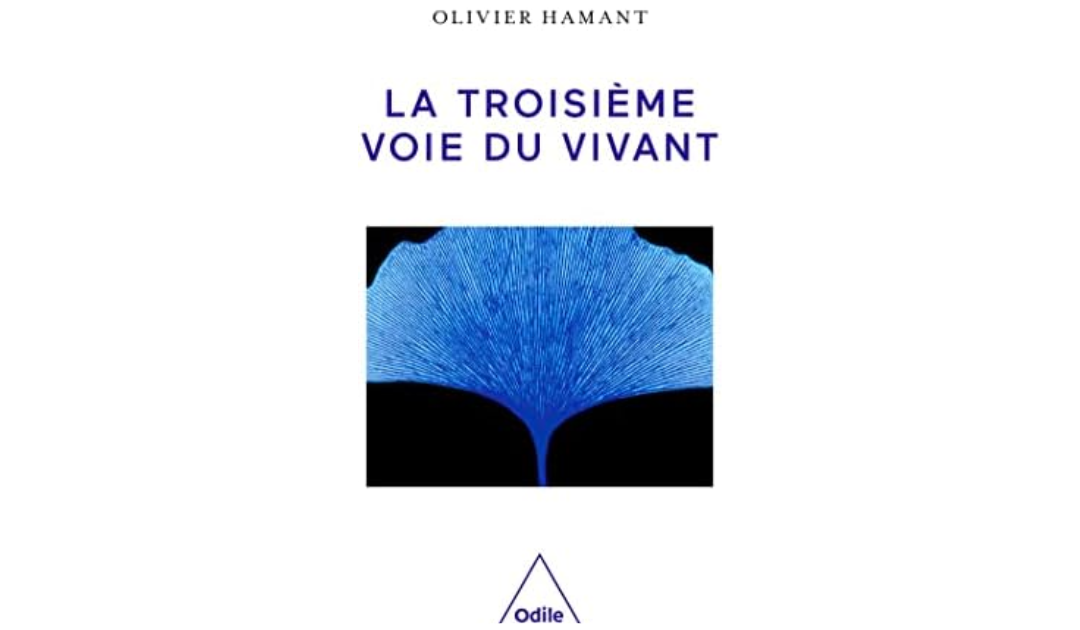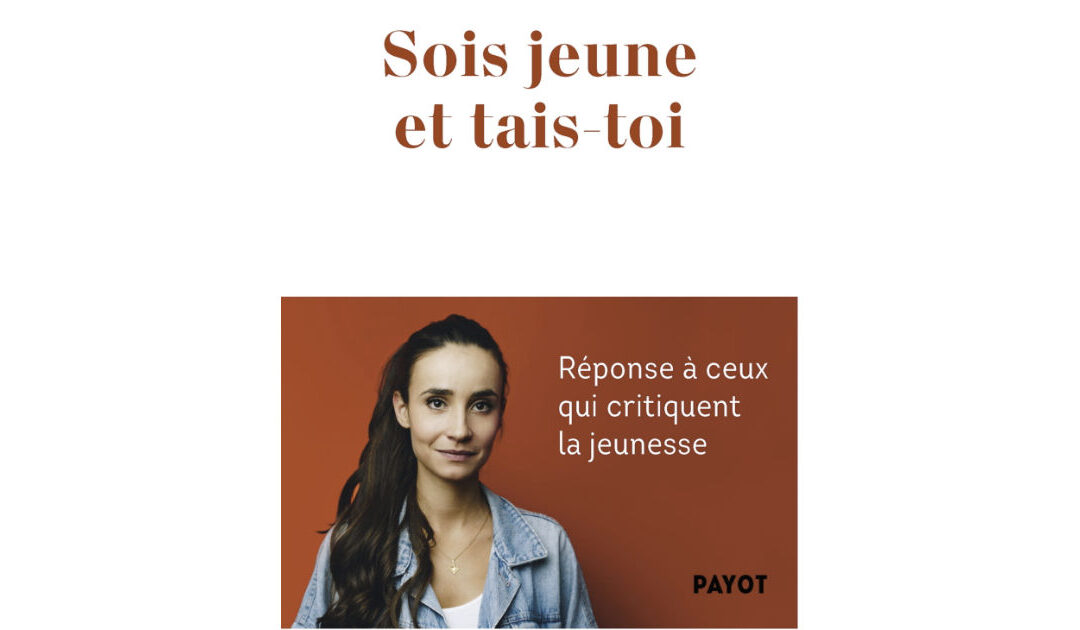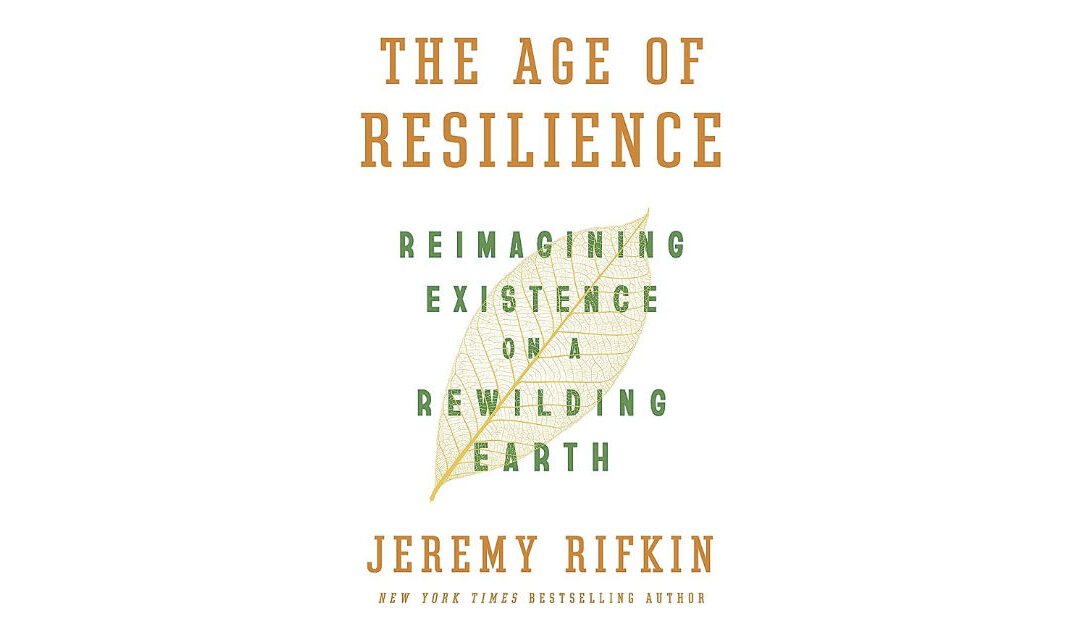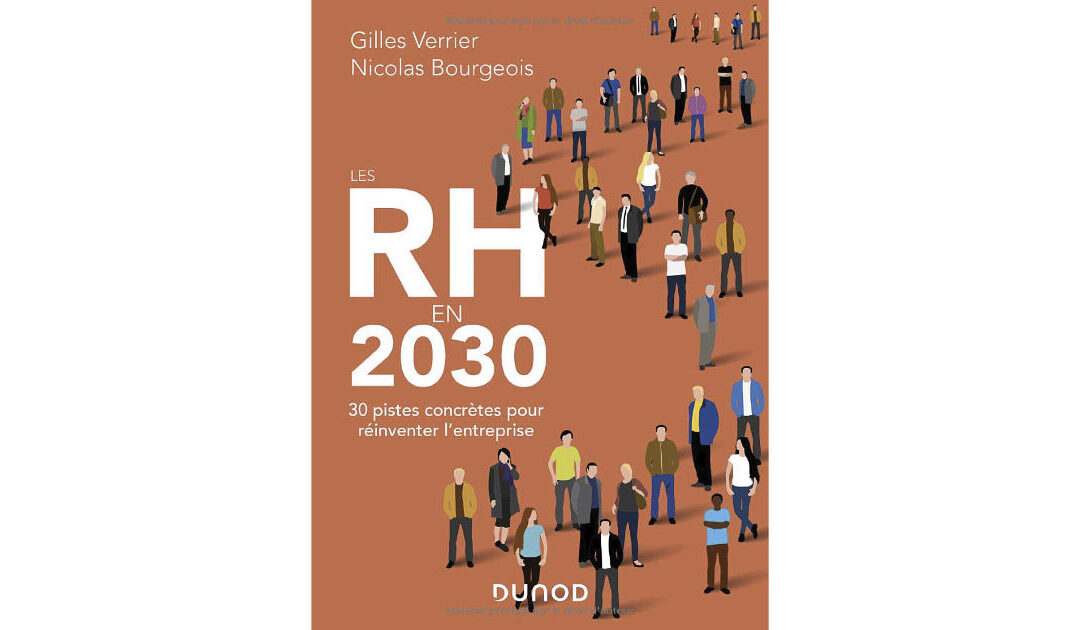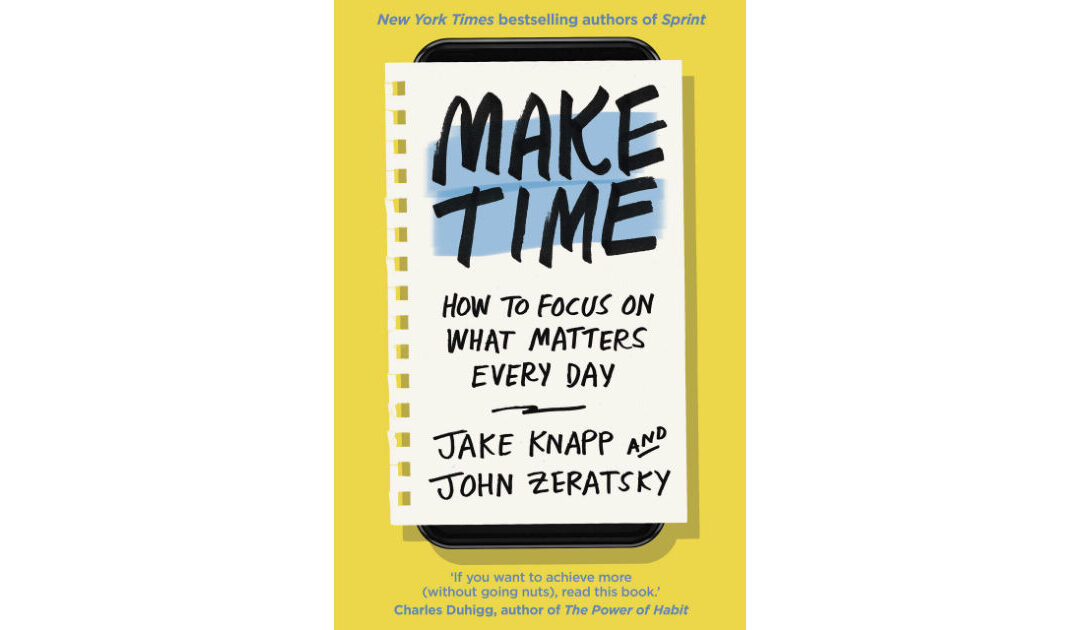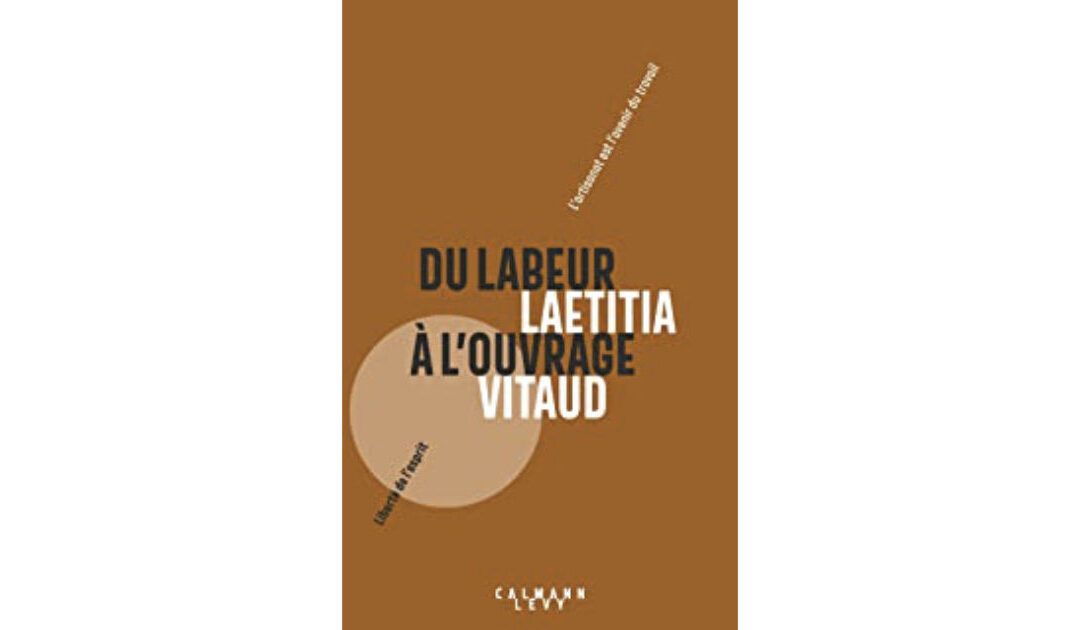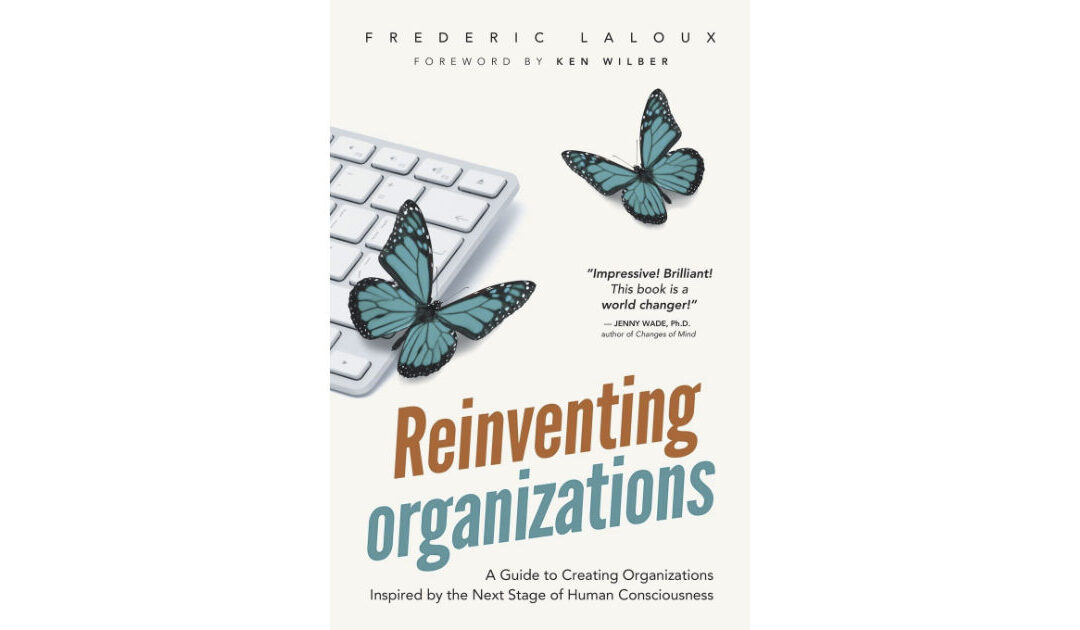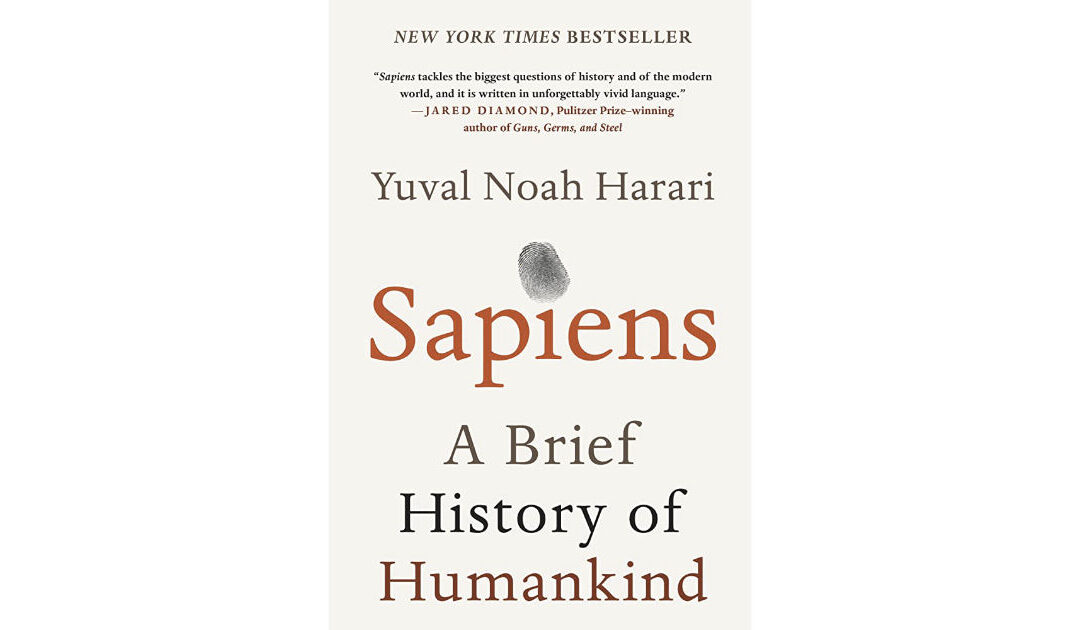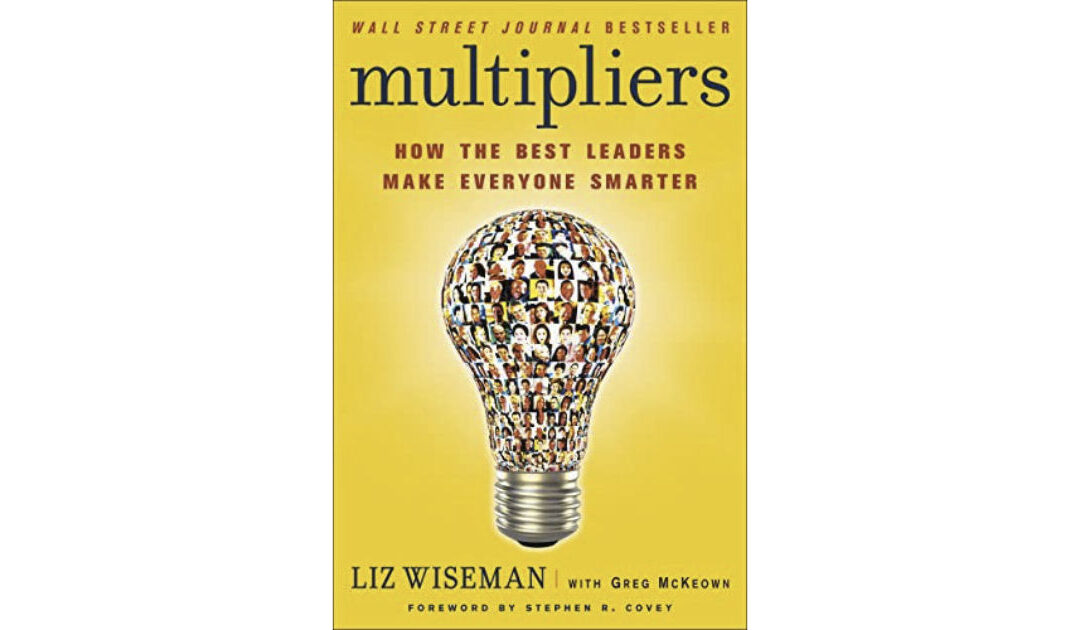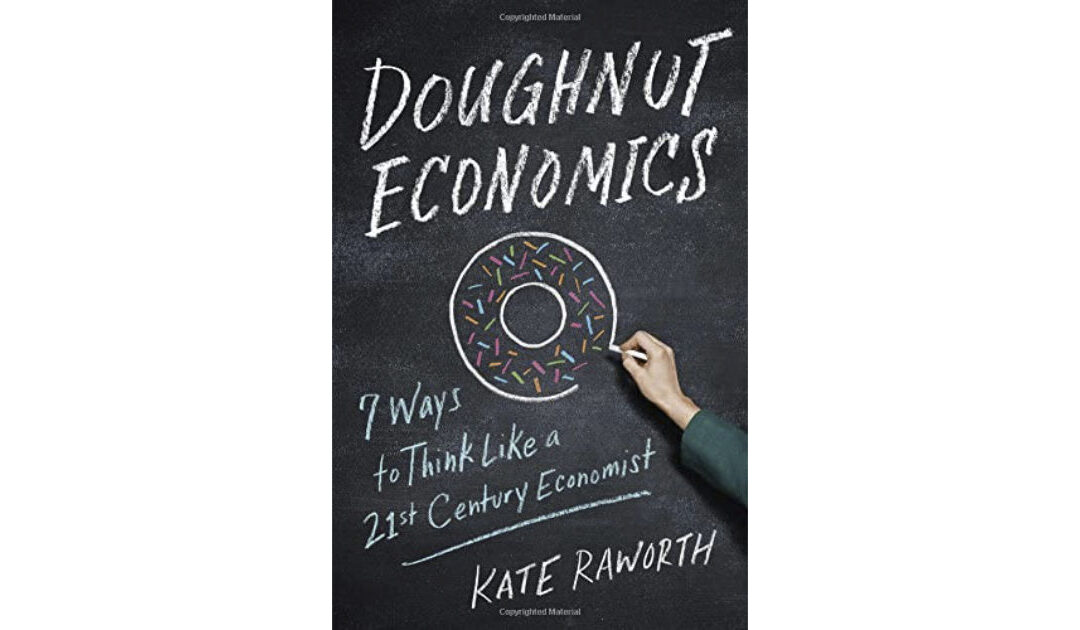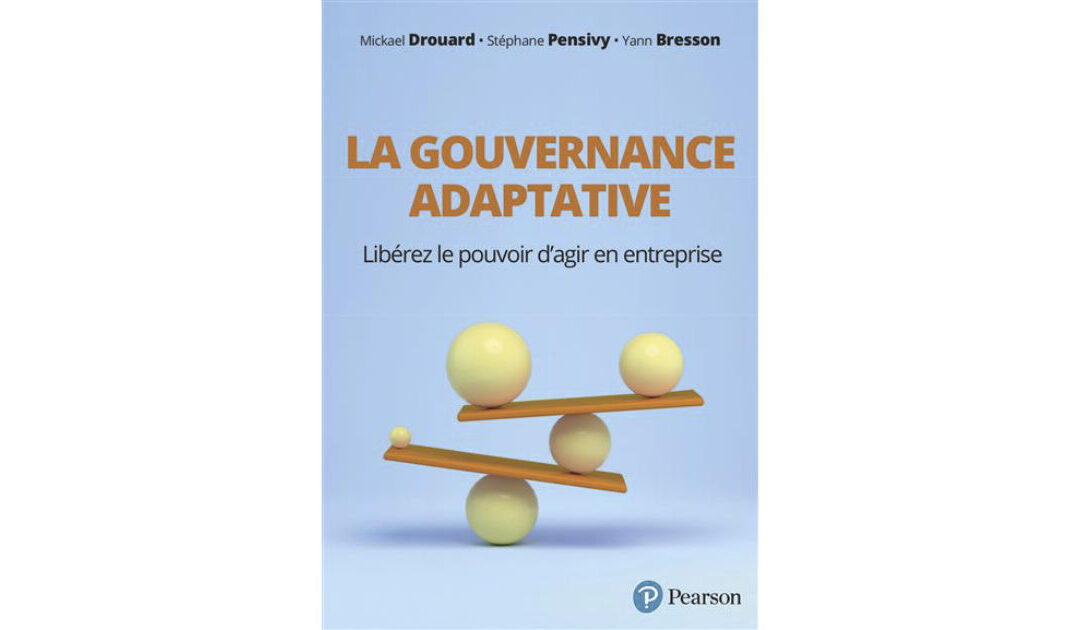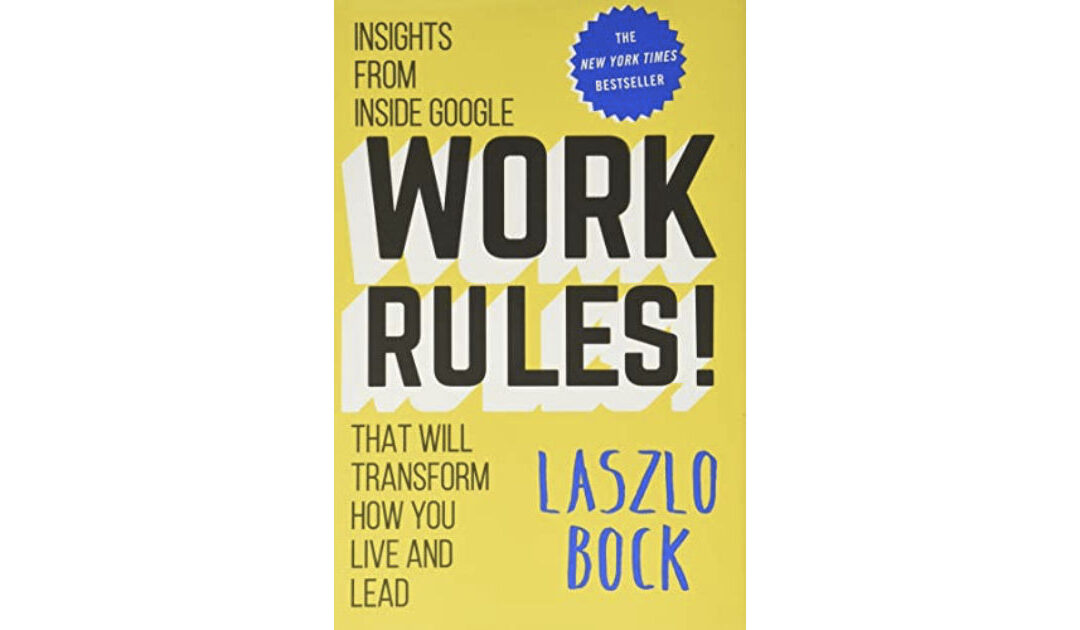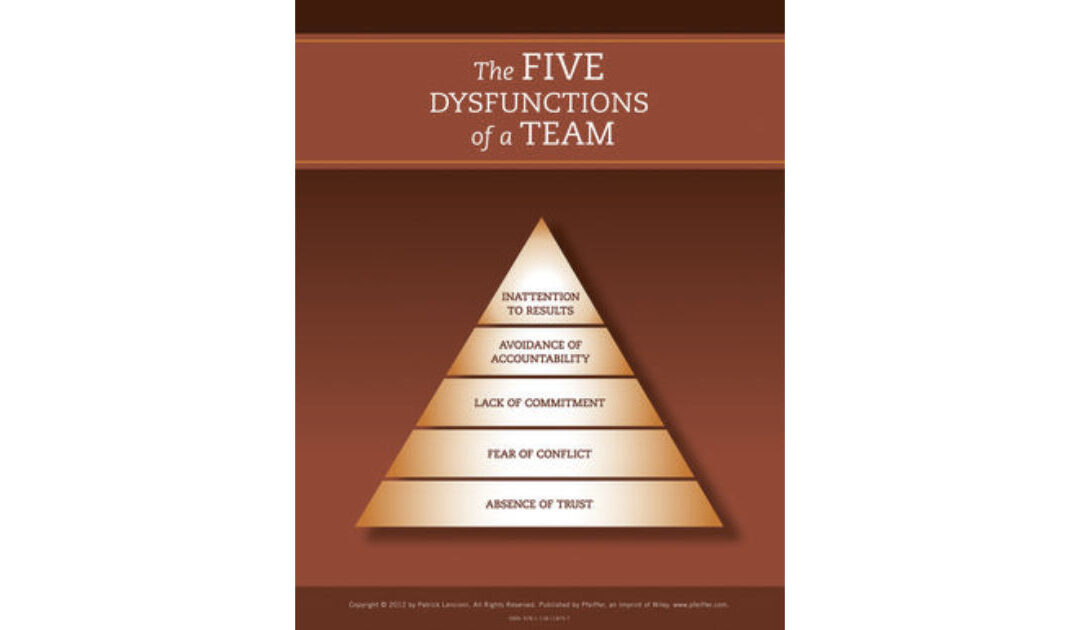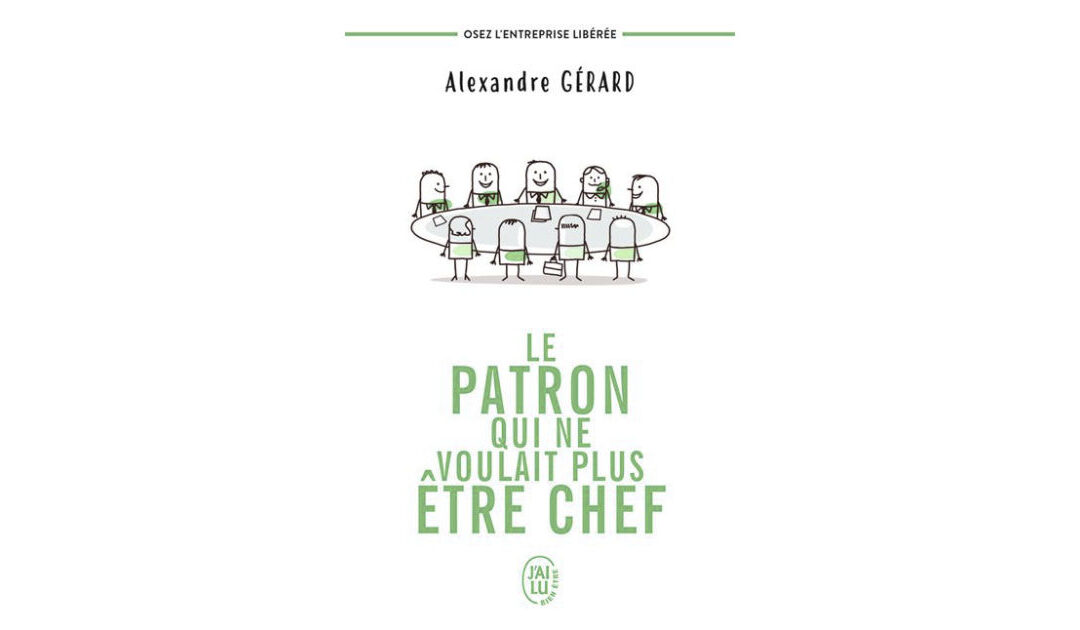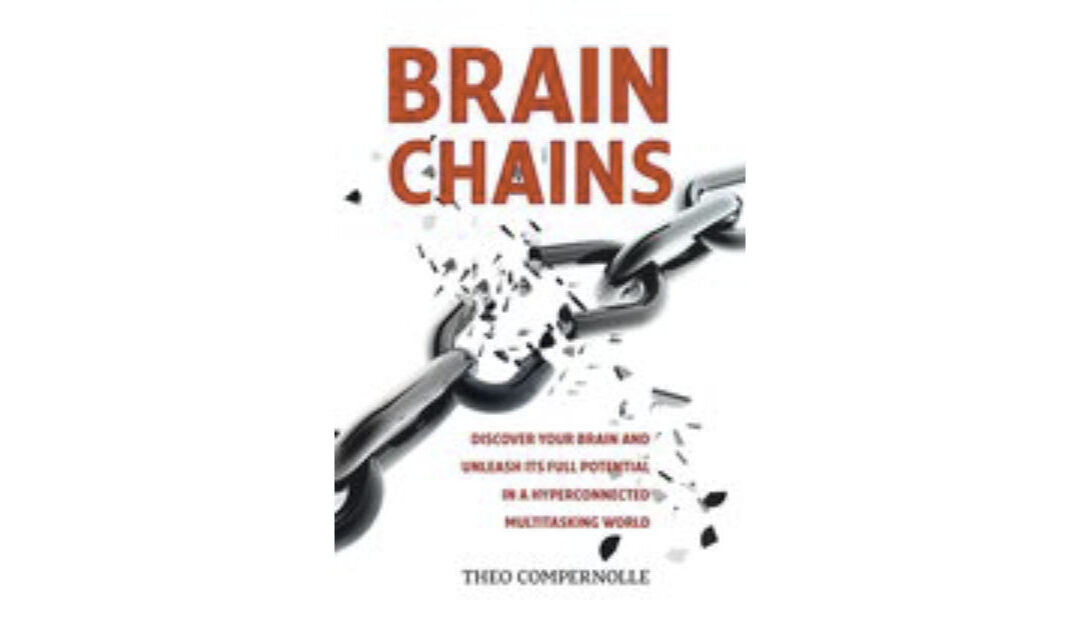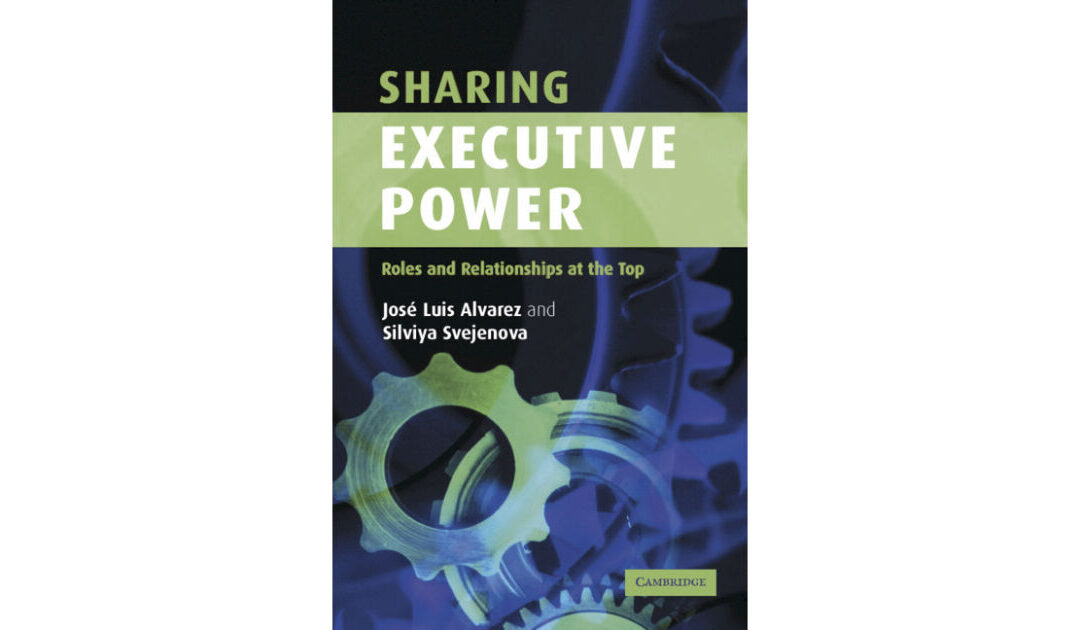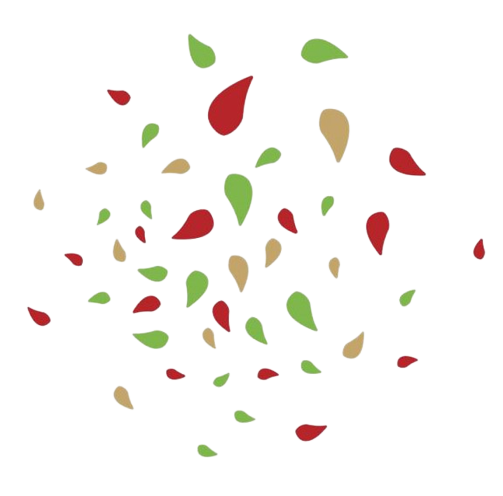Sports competitions are a tribute to hyper-performance. Within our companies, sports athletes serve as role models to inspire management teams, applying the techniques and recipes of sports performance to shape corporate athletes: objective, performance, effectiveness, efficiency, optimization are the watchwords.
But at what cost? Our organizations, like those athletes whose hyper-performance is ephemeral, cannot be continually put under stress, remaining at optimum performance without burning out over the long term. This performance, often achieved at the expense of a rapid exhaustion of physical and mental resources, becomes a major cause of unease.
Why should a model based on performance, optimization and competition be preferable to one based on cooperation, vulnerability and adaptability? We need unclarity and reserve to build our adaptability, to explore, to regenerate resources. Let’s dare to explore the idea of the imperfect company, the one that humbly promotes learning and adaptability beyond exhausting performance, the one that creates value without exhausting its resources.
The idealism of the perfect company
At the end of the year, most of us feel exhausted. Once the year’s balance sheet has been drawn up and the batteries recharged, the page turns: the beginning of the year rhymes with good resolutions and new objectives. Goals that are often focused on performance and efficiency: doing more, optimizing output, increasing performance, being faster, speeding up, making fewer mistakes.
When we achieve our goals, a dose of dopamine gives us a boost and we’re off again. This relentless quest for productivity and optimum performance, combined with meritocracy, has led to a cult of individual performance that fuels competition. The perfect worker is pitted against the rest to multiply his or her individual productive merits tenfold, surpassing and outperforming others. Be better than…, stand out from…
The company strives for perfection in a changing world. Subjected to wind and tide, this hyper-optimized system quickly seizes up as flows are tense and deadlines tight. The company’s human resources, operating at their optimum, under pressure to achieve what is expected of them despite externalities, focus on their objectives, reduce their field of exploration, and make decisions to maintain short-term performance. Our companies paralyze themselves and encourage the hunt for the guilty, those imperfect workers who jeopardize the achievement of performance targets.
By promoting standards of excellence and individual requirements, the perfect company is designed for perfect workers, those flawless, smooth and impeccable augmented human resources, incredibly efficient, hyper-performing cyborgs, unbiased, emotionless and never exhausted. An ideal?
Not operating at peak performance: an audible message?
Unlike the perfect company, the imperfect company appears slow, indulgent or even meek with its workers, not very rigorous, lax. It looks like undemanding, does not promote excellence, and lacks objectivity. It even changes the rules of the game along the way. When all goes well, it operates at 70% of its optimum. Evaluation ? “Could do better”.
All these shortcomings can also be seen from another angle. A slow-moving, imperfect company embraces the long view, with evolutions anchored in the corporate culture. Sub-optimal, it chooses not to concentrate everything on objectives. Because when you say objectives, you run the risk of missing the rest. It outlaws objectives that are part of the competition and fuel individualism, and reconnects with the sense of a collective project, the contribution of each individual to this collective, and mutual support. It allows itself to move away from the mechanical assessment of immutable, infallible quantitative indicators, to give pride of place to human intelligence and reflection in the evaluation of collective progress. It allows us to step back and take height, integrate externalities, analyze our development and measure our progress. It promotes a culture of curiosity and questioning. It is made up of changeable, unstable and hesitant people, and allows for fluctuating performance by taking into account the externalities that affect the individual, the team and the project.
Its imperfections and hesitations enable it to evolve, stay on the course and the raison d’être as its compass.
Generate sustainable mental energy
Changing this paradigm of performance implies taking a different look at work and the raison d’être of our companies. The value of work no longer lies in individual employment, nor in shareholder profitability, whatever the depletion cost for the worker and the environment. It rediscovers its meaning in the collective project, taking care of its resources to develop its economic, collective, social or environmental project, and creating sustainable value without competing.
Human beings have a unique ability to regenerate their mental energy when they evolve in a favorable climate. What’s stopping us from building these imperfect businesses, better suited to our imperfections than to illusory perfection?

